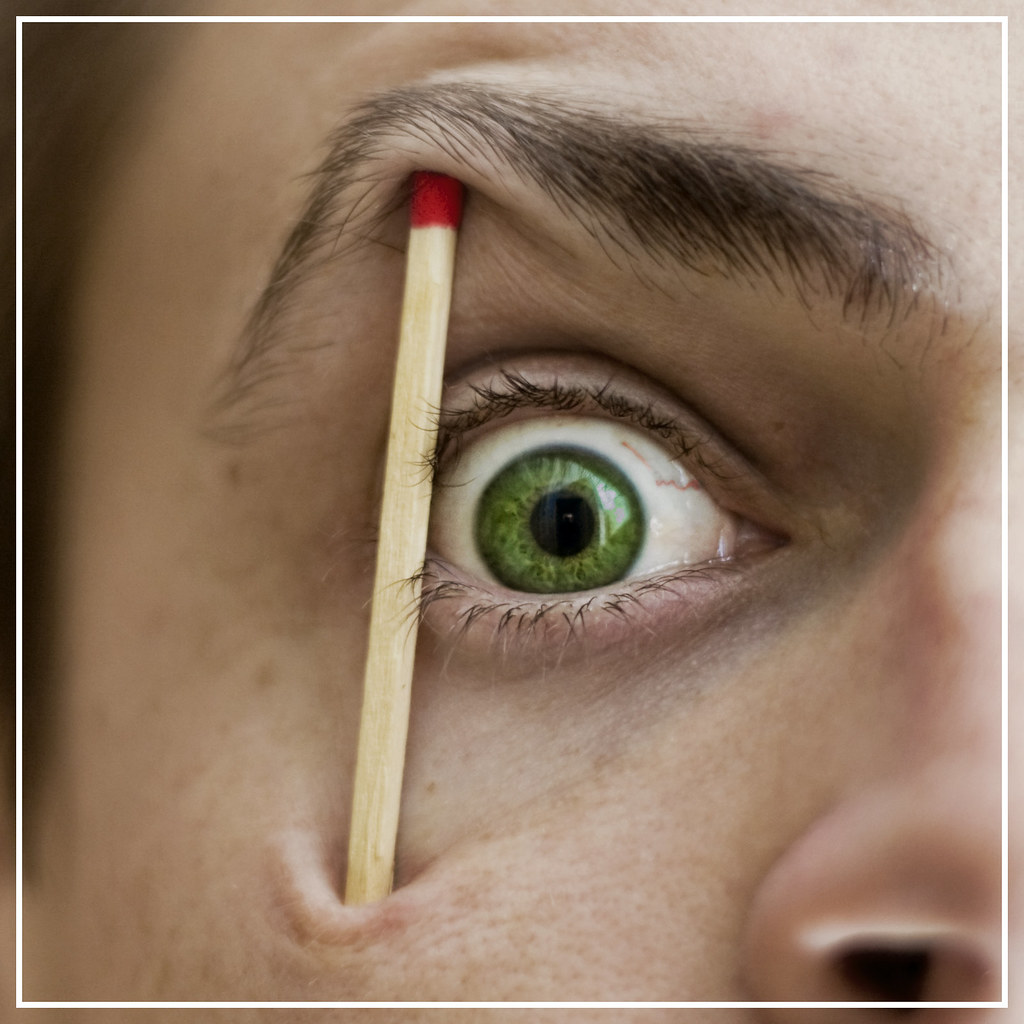
#Trying to stay awake full
It’s actually a full cycle of states that contribute to your overall wellbeing. Sleep isn’t just a case of putting your head on the pillow and drifting off. Why do I still feel tired?Īfter all the talk about hours in this article, it’s important to mention that, like many things in life, sleep comes down to quality over quantity. And on the other hand, big weekends of partying will affect your energy levels and cognitive performance all week. Having poor sleep all throughout the week cannot be reversed by sleeping in on the weekends. Once you lose sleep, it’s very hard to pay the debt back. Sleep deprivation psychosis will also set in, distorting your perception of reality.Īt the core of sleep deprivation is the concept of ‘sleep debt’. The urge to sleep becomes almost unbearable. You’ll start to have frequent microsleeps - brief, quick periods of sleep with almost no knowledge that they even happened. Auditory and visual hallucinations are also common at this stage. Your reaction time is slowed, while it is nearly impossible to retain new information and memories. 24 hours without sleep is comparable to a blood alcohol content of 0.10 - twice the legal limit. At this point, your health is not affected. This is also a common occurrence for many people around the world. After 18 hours without REM sleep, children will start to get irritable and angry, while adults will start to feel tired. Let’s take a look at a breakdown of how the body responds to sleep deprivation: 16 hours without sleep But in reality, this is sleep deprivation, and it’s very serious.


The concept of working, studying, or partying through an ‘all-nighter’ is often romanticised. This is why sleep deprivation is viewed as an effective but inhumane form of torture. Staying awake for too long can have an incredibly detrimental effect on your health. Changes to your exercise routine, travelling across time zones, stress, alcohol, sugar, and caffeine, can all affect how long you stay awake, to name just a few. The best way to evaluate your needs is to start a sleep schedule and listen to your body. Adults may require up to 11 hours of sleep to feel well-adjusted throughout the day. Genetically, some people just need more sleep than others. Those working sedentary jobs still need the required 7 to 8 hours, though. High-level athletes and people working physically demanding jobs require more sleep than average. However, it’s a myth that elderly people need less - they often get a lower quality of sleep, and tend to make up for this during the day. Babies, children, and teens require more sleep than grown adults. However, exactly how long you should stay awake depends on a range of factors, including: Most adults need at least 7 to 8 hours of sleep every night, or every 16 to 18 hours. How long should I go without sleep to be healthy? Buy yours now and try for 100 days, completely risk-free.

We do this by including cutting edge technology and high-quality materials in the design of our mattresses. Sleep Republic is here to help you get the correct amount of sleep for you, every single night. However, so many of us get so little sleep that it has become a modern-day health crisis. Sleep is also beneficial for mental health and general wellbeing. As a human being, you need to nourish your body with sleep in order to reach full physical and mental performance throughout the day. Sleep is just as essential as food, water, and exercise. Knowing the right to time to get some much-needed sleep


 0 kommentar(er)
0 kommentar(er)
